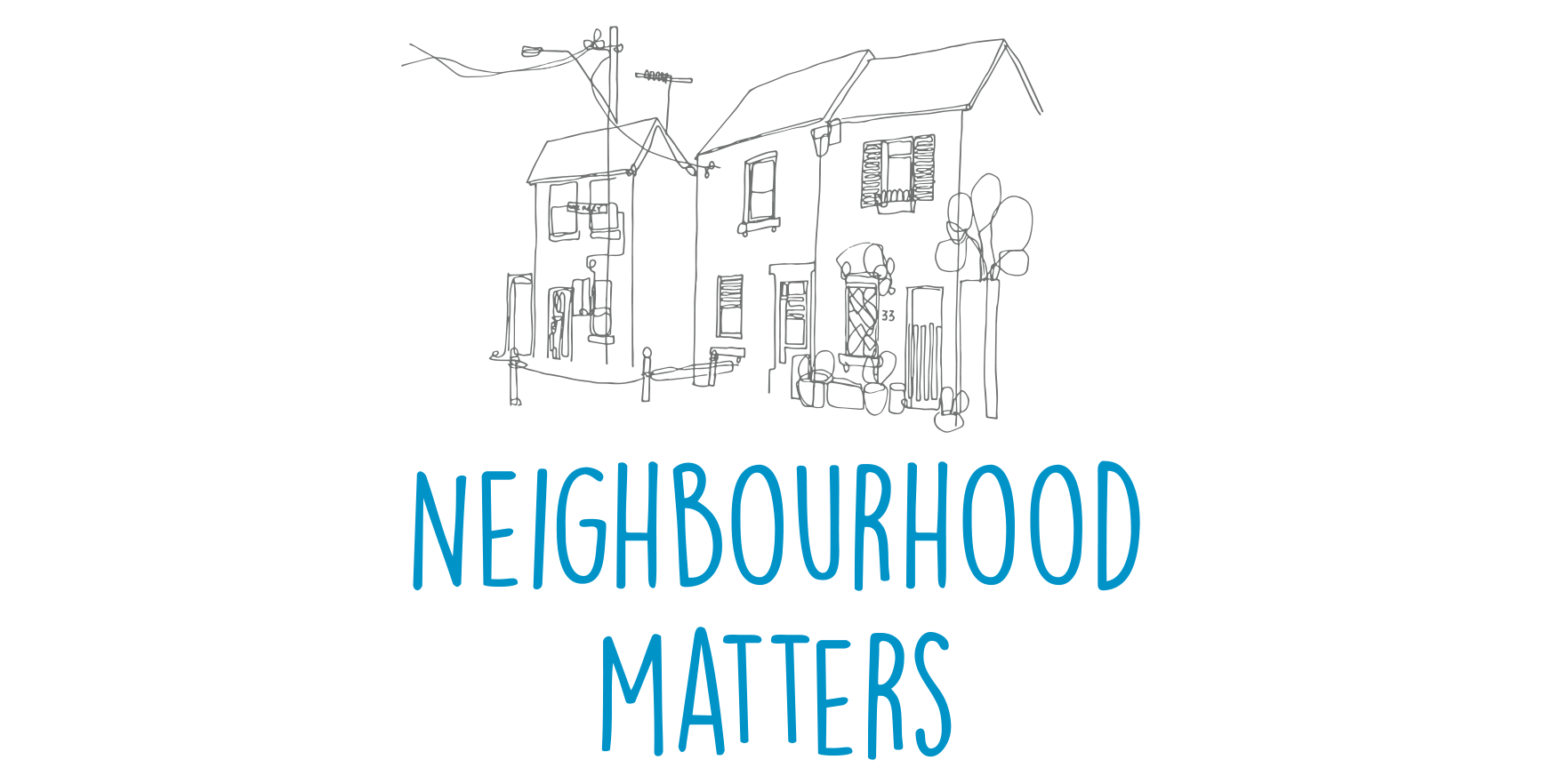It seems like everywhere I go today I hear about Hygge.
Hygge is the latest craze to hit our trend-obsessed world surpassing mindfulness and happiness as the medicine which will soothe our troubled souls in a weary, tumultuous world.
It’s yet another gift given to us by Scandinavians, the people who are apparently the happiest in the world, or so the statistics tell us. Either that, or it is a very clever marketing strategy designed to get us all to move there.
Hygge is a Danish word which loosely translated means “cozy”, but there is no literal translation in English. I’m a sucker for this kind of thing, that is identifying words that do not have an equivalent translation in your own language. I find that this leaves me feeling delightfully disoriented and wondering how it could be that there is an experience on the other side of the world that I can’t exactly put into words in my own language.
Some attempts at describing what makes for good hygge involve candles, a book, your favourite blanket, woollen socks, an old movie and a fireplace. However in fact, the meaning goes deeper than that conveyed in most of the books being published on the topic which tell us how to “get” hygge. Hygge doesn’t have to involve all of these items which frankly, can often only be obtained by the privileged. Hygge is about comfort, well-being, good relationships and companionship.
We could be cynical about this latest trend as many have been with the growth of the mindfulness and happiness industries. Or we could wonder, “What does this trend point to?” We could ask, “Why are so many people in love with hygge? “Could it point to some deeper yearnings and longings in humanity?”
I think it does point to deeper longings that we have.
In a world that is exhausted, we long for a place where we can experience the warmth and tenderness that we desire in the midst of uncertainty, violence, stress and chaos. These cravings for comfort I believe, are a longing for home. Even though many today do not experience their home as a place of rest, even though many are homeless or pilgrims in our cities and on our streets, home is universally imagined as a place of rest, warmth, understanding and intimacy. It is the opposite of loneliness and alienation.
One book on hygge frames these imaginings of home through a Thomas Moore quote
Home is an emotional state, a place in the imagination where feelings of security, belonging, placement, family, protection, memory and personal history abide.
It has made me wonder that if this is a human longing, what does it look like to help people experience that sense of home in the communities where they live? To be sure, we don’t want to be so enamoured with the concept of personal hygge that we neglect to actually build hygge in the neighbourhoods which we inhabit. In a piece on grace and place recently, Sydney Morning Herald columnist Elizabeth Farrelly said
So this happy-place idea becomes an escape from physical reality, rather than a shaper of it. Indeed, arguably, it saps that urge. Every yearning for a week in the Seychelles, innocent in itself, steals energy that might be better used in infusing this world with grace.
It has also made me think about whether these longings for home point to another world where all of us experience hygge in a consistently perfect way. Does hygge indicate the possible reality of an eternal home where there will no longer be any more tears, death, war and we experience the tenderness, warmth and intimacy of companionship with each other moment by moment?
